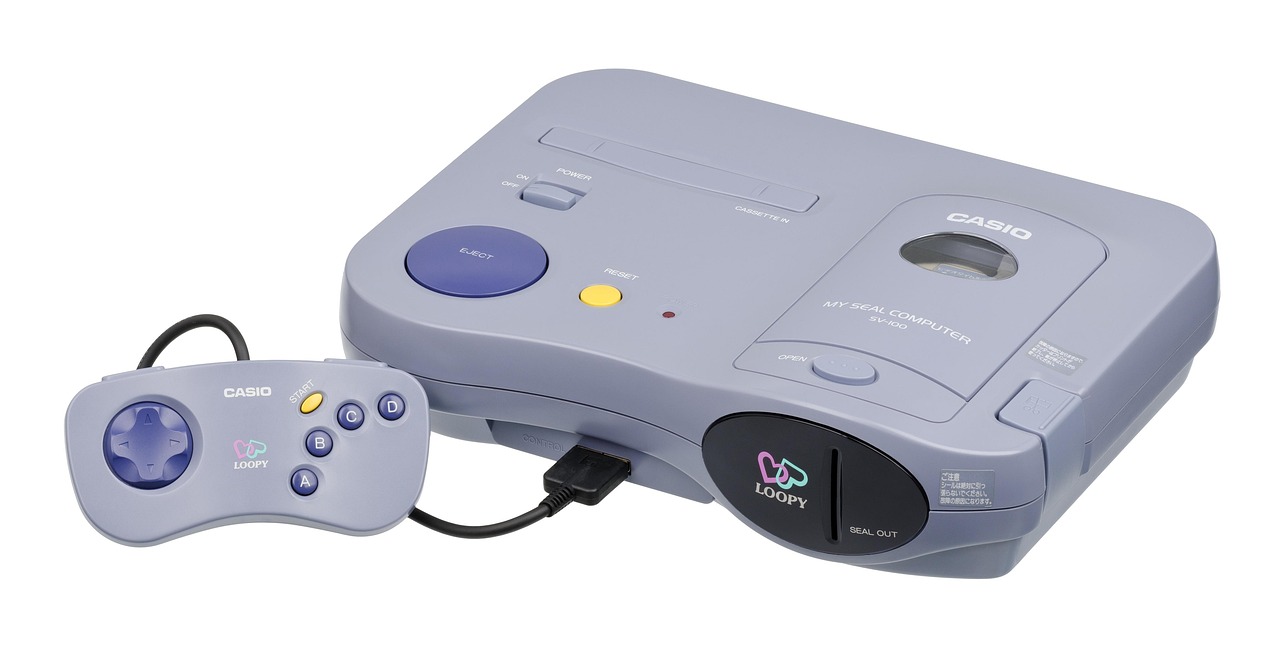Feeling sluggish, bloated, or simply not your best? You’re not alone. In today’s world, our bodies are constantly bombarded with toxins from processed foods, environmental pollutants, and stress. While our bodies have natural detoxification systems, sometimes they need a little boost. This blog post explores the world of detox foods, offering a comprehensive guide to incorporating these powerful ingredients into your diet for a healthier, more vibrant you.
Understanding Detoxification: How Your Body Cleanses Itself
The Body’s Natural Detox Systems
Before diving into specific foods, it’s crucial to understand how our bodies naturally detoxify. The major players in this process are:
- The Liver: The primary detoxifier, breaking down toxins into less harmful substances.
- The Kidneys: Filtering waste and excess fluid from the blood.
- The Digestive System: Eliminating waste and absorbing nutrients.
- The Skin: Releasing toxins through sweat.
- The Lungs: Expelling carbon dioxide and other gaseous wastes.
These systems work together to maintain balance and rid the body of harmful substances. However, a modern lifestyle can overburden these systems, leading to a buildup of toxins.
The Role of Diet in Detoxification
A healthy diet rich in nutrient-dense foods can significantly support the body’s natural detoxification processes. Certain foods contain compounds that specifically aid in cleansing and eliminating toxins. This is where “detox foods” come into play. Think of it as providing the best possible fuel for your body’s internal cleaning crew.
Top Detox Foods to Incorporate into Your Diet
Leafy Green Vegetables
Leafy greens are nutritional powerhouses packed with vitamins, minerals, antioxidants, and fiber, all of which are essential for detoxification.
- Examples: Spinach, kale, collard greens, arugula, romaine lettuce.
- Benefits:
High in chlorophyll, which helps bind to toxins and eliminate them.
Rich in antioxidants that protect cells from damage.
Provide fiber to support healthy digestion and elimination.
- Practical Tips: Add a handful of spinach to your smoothies, create a vibrant kale salad, or sauté collard greens with garlic and olive oil. Aim for at least one serving of leafy greens daily.
Cruciferous Vegetables
This family of vegetables contains compounds that support liver detoxification and hormone balance.
- Examples: Broccoli, cauliflower, Brussels sprouts, cabbage, kale (overlap with leafy greens!).
- Benefits:
Contain glucosinolates, which convert into isothiocyanates (ITCs) that enhance liver detoxification enzymes.
Support estrogen metabolism, promoting hormonal balance.
Rich in fiber, vitamins, and minerals.
- Practical Tips: Roast broccoli with lemon and garlic, steam cauliflower and top with herbs, or shred cabbage for a crunchy slaw. Consuming these vegetables several times a week is ideal. Studies have shown that regular consumption of cruciferous vegetables can reduce the risk of certain cancers.
Citrus Fruits
Citrus fruits are loaded with vitamin C and antioxidants, which support the liver and immune system.
- Examples: Lemons, limes, oranges, grapefruits.
- Benefits:
High in vitamin C, a powerful antioxidant that protects against cell damage.
Stimulate liver detoxification enzymes.
Help alkalize the body.
- Practical Tips: Start your day with a glass of warm water with lemon, add orange slices to your salads, or enjoy a refreshing grapefruit. A squeeze of lemon or lime can enhance the flavor and detoxifying properties of many dishes.
Berries
Berries are packed with antioxidants and fiber, supporting overall health and detoxification.
- Examples: Blueberries, strawberries, raspberries, blackberries.
- Benefits:
High in antioxidants that protect against free radical damage.
Rich in fiber, which aids digestion and elimination.
Contain phytonutrients with anti-inflammatory properties.
- Practical Tips: Add berries to your breakfast cereal or yogurt, blend them into smoothies, or enjoy them as a healthy snack. Berries are also relatively low in sugar compared to other fruits, making them a great choice for blood sugar management.
Garlic and Onions
These pungent vegetables contain sulfur compounds that aid in liver detoxification.
- Benefits:
Contain allicin, a sulfur compound with antioxidant and antibacterial properties.
Support liver detoxification enzymes.
* Help lower cholesterol levels.
- Practical Tips: Use garlic and onions generously in your cooking. Sauté them with vegetables, add them to soups and stews, or use them to season meats and fish. Chopping or crushing garlic releases more allicin, maximizing its benefits.
Beyond Foods: Lifestyle Factors for Detoxification
Hydration is Key
Drinking plenty of water is essential for flushing out toxins and supporting kidney function.
- Recommendation: Aim for at least 8 glasses of water per day.
- Practical Tips: Carry a water bottle with you and refill it throughout the day. Add slices of cucumber, lemon, or berries to your water for extra flavor and hydration. Dehydration can significantly impair the body’s ability to detoxify effectively.
Regular Exercise
Exercise helps improve circulation, reduce stress, and promote sweating, which is a natural way to eliminate toxins.
- Recommendation: Aim for at least 30 minutes of moderate-intensity exercise most days of the week.
- Practical Tips: Find activities you enjoy, such as walking, running, swimming, or dancing. Incorporate strength training to build muscle and boost metabolism.
Prioritize Sleep
Sleep is crucial for the body to repair and regenerate, including detoxification processes.
- Recommendation: Aim for 7-9 hours of quality sleep per night.
- Practical Tips: Create a relaxing bedtime routine, avoid caffeine and alcohol before bed, and ensure your bedroom is dark, quiet, and cool. During sleep, the brain clears out waste products more efficiently than during waking hours.
Conclusion
Incorporating detox foods into your diet is a powerful way to support your body’s natural cleansing processes and improve overall health and well-being. Remember that detoxification is a continuous process, not a quick fix. By focusing on a balanced diet rich in whole, unprocessed foods, staying hydrated, exercising regularly, and prioritizing sleep, you can empower your body to thrive. While “detox diets” or extreme cleanses may offer short-term results, a sustainable lifestyle approach is the key to long-term health and vitality.



